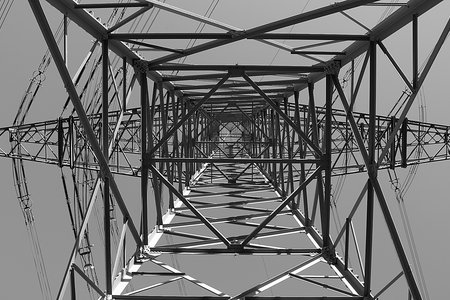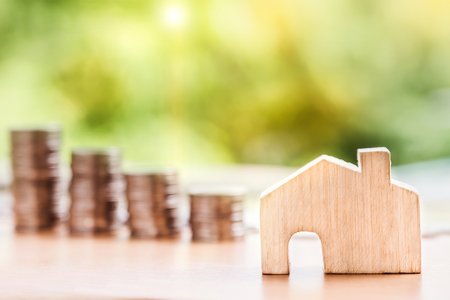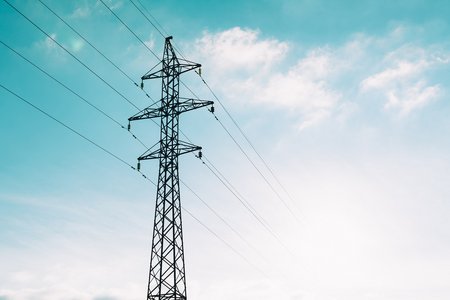Aktuelles
Empirische Analyse der iberischen Strompreisobergrenze

Die Arbeiterkammer Österreich (AK) hat die Österreichische Energieagentur beauftragt, die ersten Monate der Marktergebnisse des iberischen Modells zu analysieren und zu beobachten, wobei der Fokus auf Strompreis- und Gasverbrauchseffekten liegt. Nun liegt die finale Version des Arbeitspapiers mit den Ergebnissen der Untersuchung vor.
Weiterlesen
Energiepreise bleiben auf sehr hohem Niveau

- Leichte Preissteigerungen bei Treibstoffen
- Leichte Entspannung bei Strompreisen
- Starker Preisanstieg bei Pellets, Brennholz
Strom-Großhandelspreisindex steigt weiter

Österreichischer Strompreisindex steigt im Jänner um 7 %
WeiterlesenUN-ENERGY PLAN OF ACTION
UN-Energy aims to achieve a double goal: to eliminate energy poverty and to address climate change through renewable and sustainable energy for all - this represents the SDG7. The 2021 High-Level Energy Dialogue emphasized the urgency of accelerating the energy transition.
WeiterlesenDecentralised solar electricity for agri-food value chains in the Jindu Kush Himalaya region
International Renewable Energy Agency (IRENA) in the cooperation with International Center for Integrated Mountain Development (ICIMOD) and SELCO Foundation have published a report about findings and recommendations on the use of decentralised solar photovoltaic (PV) solutions for selected food value chains in the Hindu Kush Himalaya (HKH) region.
WeiterlesenWomen and Green Skills in the Renewable Energy Sector
In the renewable energy sector still remains a significant gender gap in access and consumption, as well as in the workforce. Women are underrepresented in the energy sector compared to the global labour force (48%). The numbers are slightly higher in the renewable industry (32%) compared to the conventional energy sector (28%). Most women work in office-related corporate functions such as human resources, finance, and customer service. The numbers in higher positions that could influence decision-making remain especially low. Also, the number of women in technical careers is still very low.
WeiterlesenEvent women and green skills GFSE
On Tuesday, 20.09. 2022, a virtual GFSE event "Young Women and Green Skills" took place. The event was introduced by GFSE President and former Ambassador MMag. Dr. Irene Giner-Reichl. She sketched a first picture and the contents of the event and emphasized that increasing the involvement of young women in the clean energy sector is very important to advance the energy transition quickly. Women are still highly underrepresented in the energy sector.
WeiterlesenIEA Report: Solar PV Global Supply Chains
Global PV manufacturing capacity has increasingly shifted from Europe, Japan, and the United States to China over the past decade. China has invested over $50 billion in new PV supply capacity - ten times more that Europe. Today, China's share of solar module components represents over 80% with an increasing tendency. Chinese industrial policies focuses on solar PV as a strategic sector and a significant export for China. |
GFSE Policy Brief Natural gas and renewable hydrogen in Africa and cooperation opportunities with the EU
Europe needs to reduce consumption of Russian natural gas by diversifying its suppliers, reducing gas consumption and switching to other energy carriers, including renewable energy. This policy brief presents an overview of current developments in the natural gas and the renewable hydrogen sectors in Africa. It provides some suggestions for possible cooperation between the European Union and the African continent on LNG and green hydrogen markets.
WeiterlesenShort comparison between countries in North Africa
Regarding energy in North Africa, all countries have two things in common: growing demand for power and a high potential for renewables, especially wind and solar. While having seemingly similar prospects and needs, their paths and motivations for investing in renewables vary.
Weiterlesen